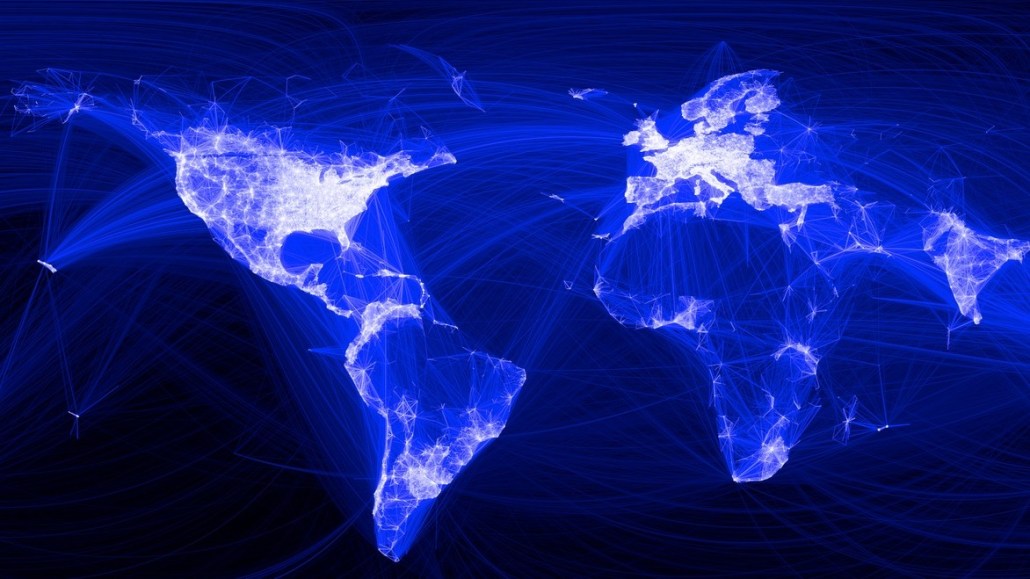Secure your place at the Digiday Media Buying Summit in Nashville, March 2-4

Facebook is dealing with doubts about whether it will live up to expectations. This is a normal part of the hype cycle most hot tech companies go through. But under it all, there appears a fundamental misunderstanding on the part of Silicon Valley and Wall Street. Facebook is not Google.
Google’s remarkable rise was, as Peter Hershberg points out, very under-appreciated. Google’s IPO opened many people’s eyes to the wonder of search advertising, a “beautiful system” in the words of ex-Yahoo CEO Terry Semel where ads were actually helpful, unobtrusive and incredibly effective. Dalton Caldwell rightly termed what Google accomplished as “alchemy”: It took search results pages that were nearly worthless to Yahoo and made them incredibly valuable. Google’s alchemy, aka AdWords, was done by adopting the Web’s original native ad format, sponsored listings, and marrying that to the most powerful piece of data the Web’s produced: the intent signal.
That is a once-in-a-generation business model. AdWords gushed money and funded God knows how many harebrained efforts from Knol to Lively to space exploration. But AdWords ended up teaching Silicon Valley the wrong lesson. It taught entrepreneurs and VCs that the ad business was a basic engineering problem that could be solved with an algorithm. In fact, the biggest section of advertising (brand building) doesn’t work that way at all. There is more art than science in brand advertising.
Facebook, to its credit, is trying to pioneer a new form of advertising based on social signals. These are not direct intent signals like Google had in search. It will always be harder to turn a social signal into ad dollars because Facebook is in the attention-bartering business, a messy market that requires relationships, hand-holding and all sorts of stuff Silicon Valley pretends doesn’t matter. On top of that, Facebook is betting on a native advertising format, sponsored stories, that is unproven and foreign to marketers. It will take time for Facebook to sort this out, if it does.
Until then, time to stop comparing Facebook to Google.
More in Media

From feeds to streets: How mega influencer Haley Baylee is diversifying beyond platform algorithms
Kalil is partnering with LinkNYC to take her social media content into the real world and the streets of NYC.

‘A brand trip’: How the creator economy showed up at this year’s Super Bowl
Super Bowl 2026 had more on-the-ground brand activations and creator participation than ever, showcasing how it’s become a massive IRL moment for the creator economy.

Media Briefing: Turning scraped content into paid assets — Amazon and Microsoft build AI marketplaces
Amazon plans an AI content marketplace to join Microsoft’s efforts and pay publishers — but it relies on AI com stop scraping for free.





